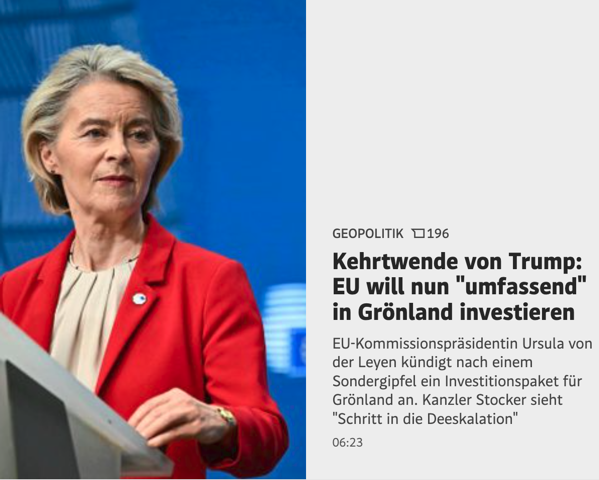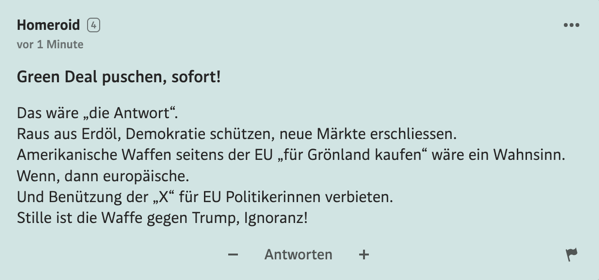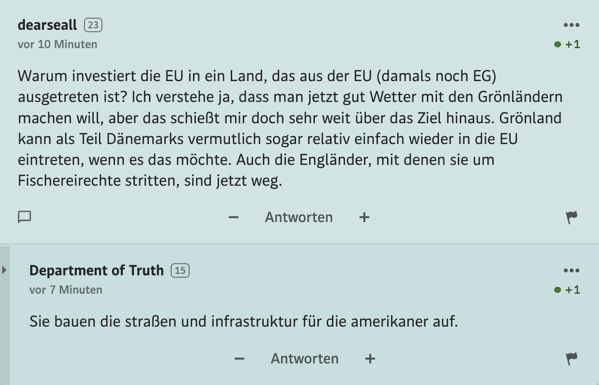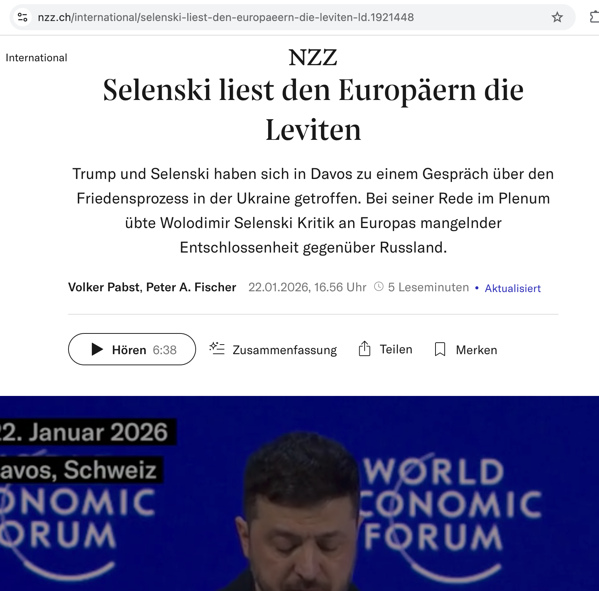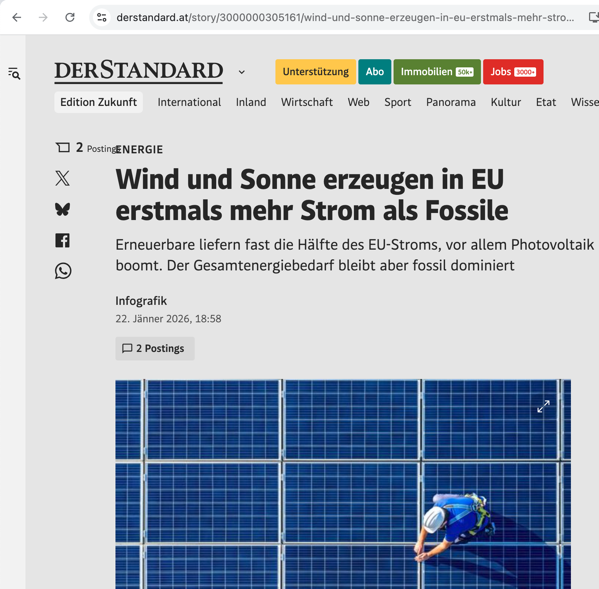Indem er mangels Lese- und Interprätationsfähigkeit, und mangels Journalismusaffinität eine Recherche von Bloomberg, die sich auf ein Testprotokoll und fünf Interviewpartner beruft, MIT DER PRESSEAUSSENDUNG EINES VERFICKTEN STARTUPS WIDERLEGT.
Das natürlich komplett andere Punkte anspricht, aber das war dem Hurendrecksstandard scheissegal.
Diese SCHEISSE kannst du dir nicht mehr ausdenken.
Das ist kein Journalismus, das ist instituationalisiertes Versagen am Stück.
Penner.
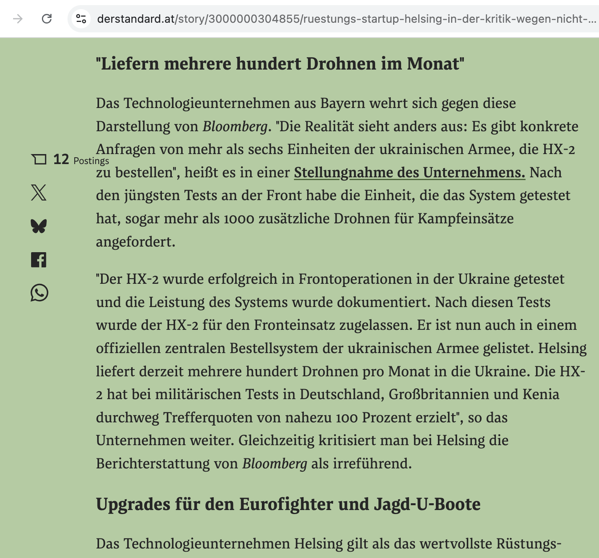
src: click
Am Ende staffiert er noch mit einem fucking Nonsequitur aus.
Verdammte Dreckswichser. Vollidioten.
Report: Nur 25% der Drohnen starteten aufgrund defekter Katapulte bei der Präsentations-Evaluation, die Ukraine hat weitere Bestellungen auf Eis gelegt.
PR Response: Wir haben aber immer noch Orders von 6 Eineiten der Ukrainie!
Report: Die Endsteuerung über Kamera wurde durch Jamming gestört (bestätigen Bloomberg mehrere Quellen).
PR Response: Wir haben aber immer noch nahe 100% Trefferquote!
Standard: WER WISS SCHON WER RICHTIG LIEGT?!??!?!
Haltet endlich eure scheiss Fressen, ihr unfähigen Vollidioten.
Und toll dass Deutschland davon 6000 Stück geordert hat.
Danach hatte Europa wieder ein Unicorn im defense Sektor!
Vor allem, wenn aufgrund von ehm “nicht fertig” die manuelle Steuerung auf Mittelstrecke nicht funktioniert hat, die manuelle Endnavigation gejammt wurde und die visuelle Zielerfassung mangels “hamma nicht verbaut”, …
